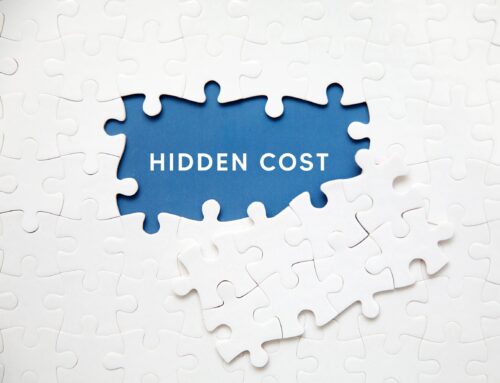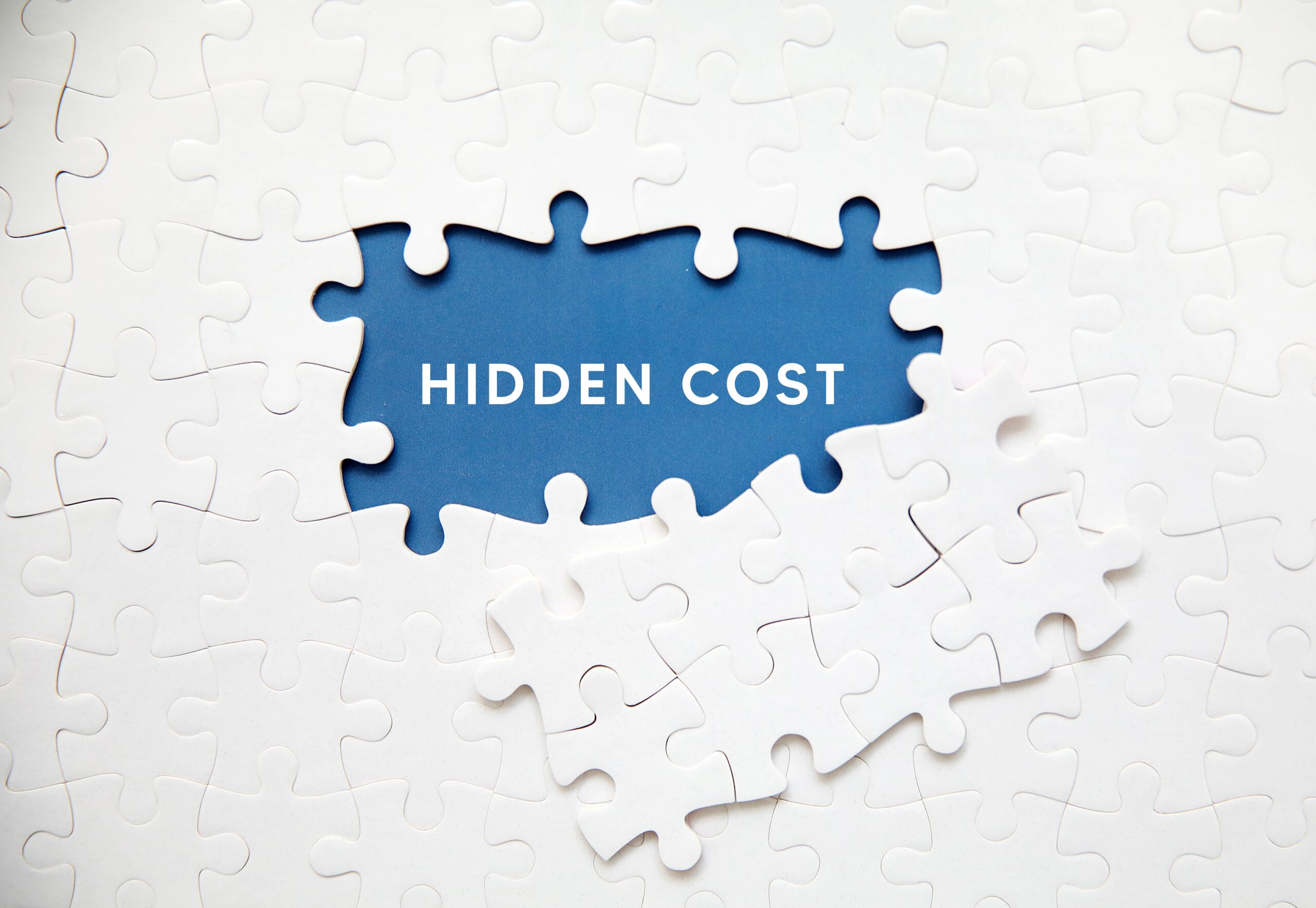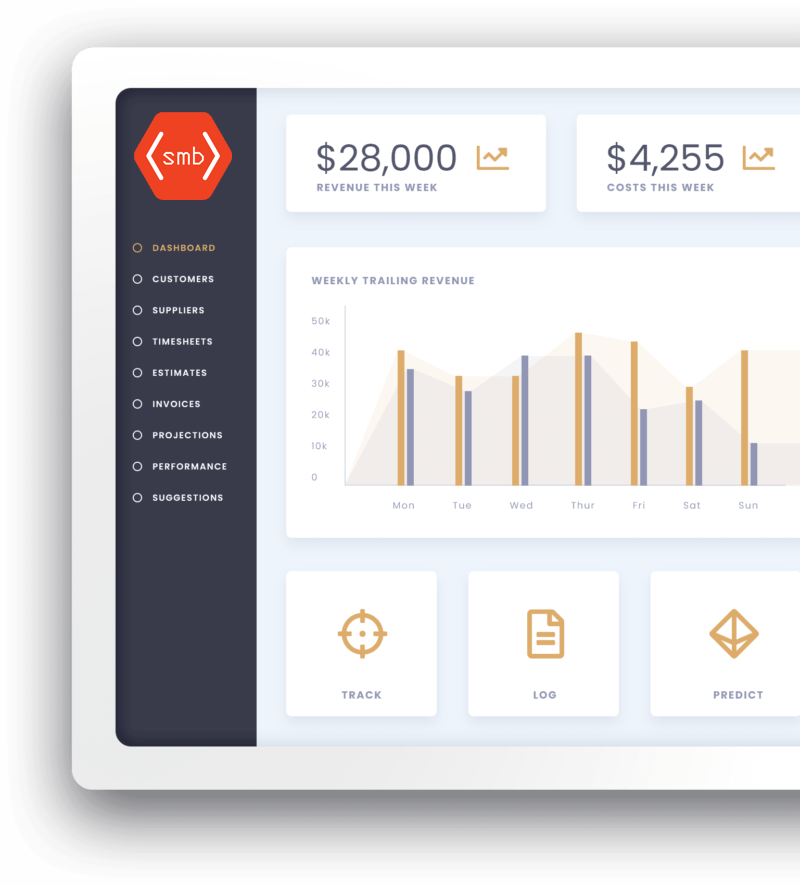
Your CRM Implementation Partner: Key Factors to Consider
What makes having a CRM partner important?
Implementing a CRM platform is a major investment—one that can impact your business for years to come. That’s why the setup process shouldn’t be taken lightly. From initial planning to system design, there are a lot of moving parts to get right.
A skilled CRM partner does more than just install software. They help tailor the system to your unique business needs, ensuring you get the most value from your investment. But with so many providers and consultants in the market, how do you choose the right one?
Here are the key factors to consider when ✅selecting a CRM implementation partner. With the right choice, you’ll ensure a smooth rollout, long-term success, and a platform that truly works for your team.
✅ DIY vs. professional implementation
Experience and Expertise
Experience with ✅CRM systems may seem like an obvious requirement—but not all experience is equal. You want a partner with a proven track record of successful implementations, particularly for businesses similar to yours. There should be no guesswork involved in planning or execution.
Experienced partners understand the common challenges and know how to avoid costly missteps. They can offer insight, structure, and confidence at every stage of the rollout.
When evaluating potential partners, ask about their history with CRM projects. Request case studies or client testimonials that show real results. A partner with relevant experience is far more likely to deliver a seamless implementation and configure your system to align with your specific business goals.
✅ Benefits of CRM
Specialization in Your Industry and CRM Platform
Choosing a partner who understands your industry’s unique requirements can make the CRM implementation process faster, smoother, and more effective. For example, if you’re in retail, a partner with experience in customer-facing systems will know how to tailor the platform to suit your needs.
It’s also important to match your partner to the platform. ✅Different CRM systems are designed for specific business functions—whether it’s sales, marketing, or customer service. If you’ve already selected a platform, look for a partner with deep experience in that specific system—whether it’s Salesforce, Zoho, or another. Familiarity with the platform’s features and customization options is key to a successful rollout.
✅ CRM System Types
Support and Training Capabilities: Setting Your Team Up for Success
Planning and implementation are essential—but they’re only the beginning. Ongoing support and training are just as important to ensure your team can use the CRM effectively from day one.
Look for partners who offer ✅comprehensive onboarding and training programs, along with easy access to helpful resources like troubleshooting guides, live help desks, and searchable knowledge bases.
These elements are crucial for long-term success. A partner who provides strong support and training will help your team feel confident in the system—boosting user adoption and reducing the risk of costly errors.
✅ CRM Training and Support
Flexibility and Customization Options
Tailoring the system to your specific processes and goals should be a top priority for your CRM partner. A flexible partner will take the time to ✅shape the platform around your workflows—not force you to adapt to theirs.
Ask potential partners about their approach to customization. How do they handle unique business requirements, data migration, and integration with other tools? The more insight you gain upfront, the smoother your rollout will be.
A CRM that fits your business—not just your industry—can dramatically improve productivity and efficiency. Choosing a partner who values flexibility ensures your system supports your goals, both now and as your business grows. Be wary of anyone forcing you to adapt to a one-size-fits-all system.
✅ CRM Customization
Long-Term Value and ROI
Your CRM system isn’t just a short-term solution—it’s a long-term investment. The right implementation partner will help ensure that investment continues to deliver value as your business evolves.
Look for a partner who offers ongoing support and is committed to ✅maximizing your ROI. This includes conducting periodic system reviews, providing strategic advice, and making sure your CRM continues to align with your changing business needs.
Many aspects of a CRM can affect ROI over time—from user adoption to integration quality to how well the system adapts to your growth. A partner focused on long-term success will help reduce costs, optimize functionality, and support your system as your business scales.
✅ The Total Cost of CRM Ownership
Choosing the Right CRM Partner for Lasting Success
Selecting a CRM implementation partner isn’t just about technical expertise—it’s about finding someone who understands your business, supports your goals, and delivers lasting value.
By weighing key factors like experience, industry specialization, support, customization, and long-term ROI, you can choose a partner who will not only guide you through a successful implementation but also ensure you get the most out of your investment.
The right partner makes all the difference. With their help, your CRM can become a powerful tool—one that empowers your team, strengthens customer relationships, and fuels your business growth for years to come.
Ready to find the right CRM implementation partner? That’s what we are here for.
Related articles
February 19, 2026
February 19, 2026
February 19, 2026
February 19, 2026












